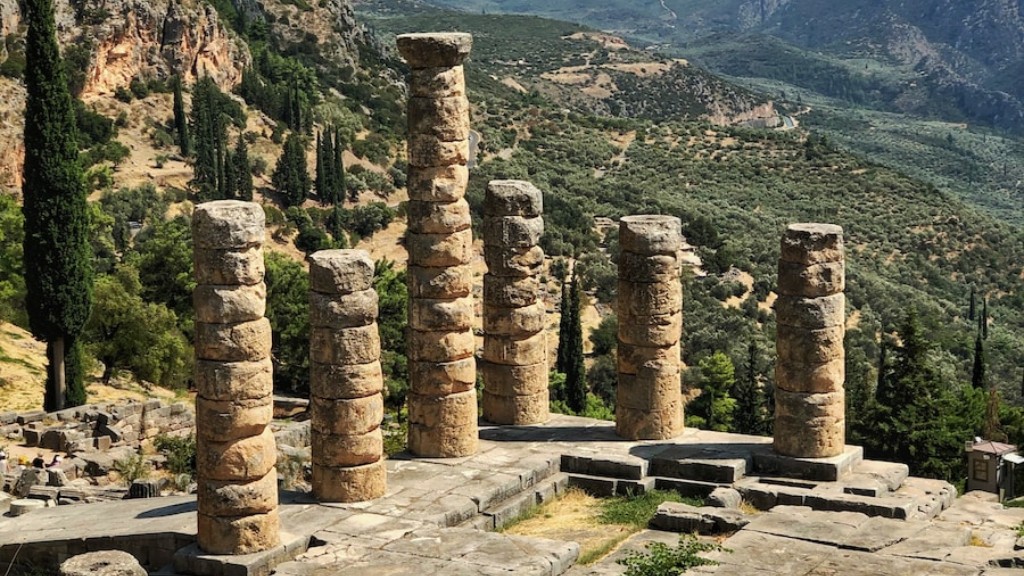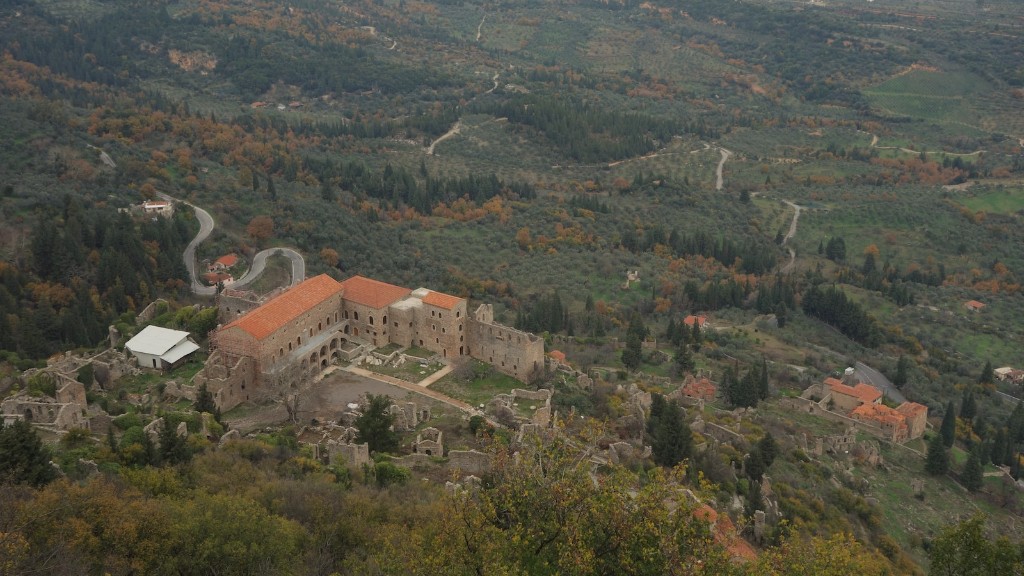Events in Ancient Greece During the Dark Age
In ancient Greece, the period known as the Dark Age was marked by a decline in cultural and economic activity following the collapse of the Mycenaean civilization. This period, lasting from the late 12th century BCE to the 8th century BCE, saw a significant decrease in urbanization, trade, and population. However, the Dark Age was not devoid of events and developments. In this article, we will explore some of the key occurrences during this era of Greek history.
1. Collapse of the Mycenaean Civilization
The Dark Age in Greece was brought about by the collapse of the powerful Mycenaean civilization. This collapse is believed to have been triggered by a combination of internal unrest, external invasions, and disruptions in trade networks. The once-thriving Mycenaean cities were abandoned and fell into ruins, leading to a decline in centralized political power.
2. Population Shifts and Migration
During the Dark Age, there was a significant population shift in Greece. Many people left the abandoned urban centers and moved to rural areas or migrated to other regions. Some scholars believe that this movement was driven by the need for security and a desire to escape the chaos and violence that characterized the collapse of the Mycenaean civilization. This widespread migration contributed to the fragmentation of political power and the emergence of smaller, decentralized communities.
3. Rise of Iron Age Technology
The Dark Age in Greece saw the gradual adoption of iron technology, marking the transition from the Bronze Age to the Iron Age. Iron tools and weapons became more prevalent, replacing the previously dominant bronze artifacts. This technological advancement played a crucial role in agricultural development and military capabilities, as iron tools were more durable and efficient compared to their bronze counterparts.
4. Emergence of City-States
During the Dark Age, Greece witnessed the emergence of city-states, also known as polis. These small, independent communities became the principal political and social units of ancient Greece and laid the foundation for the later development of Greek civilization. City-states were characterized by their self-governing nature, with each polis having its own unique political system and laws.
5. Evolution of Greek Alphabet and Writing
Another significant development during the Dark Age was the evolution of the Greek alphabet and the introduction of writing. The Greeks adapted the Phoenician alphabet, modifying it to suit their language. This innovation facilitated the recording and preservation of historical events, religious rituals, and literature, thereby contributing to the gradual revival of intellectual and cultural life in Greece.
6. Homeric Epic Poems
One of the most important cultural contributions of the Dark Age was the composition of the Homeric epic poems, the Iliad and the Odyssey. These legendary narratives, attributed to the blind poet Homer, reflected the values, myths, and historical events of the Mycenaean past. The oral tradition of reciting these epic poems played a crucial role in preserving and transmitting Greek cultural heritage during this period of limited literacy.
7. Contacts with the Eastern Mediterranean
Although the Dark Age was characterized by a decline in long-distance trade, there were still some contacts between Greece and the Eastern Mediterranean. Greek pottery, especially the distinctive “Geometric style,” was exported to various regions, indicating limited commercial interactions. These contacts, though modest, provided Greek communities with access to goods, ideas, and cultural influences from the wider Mediterranean world.
8. Subsistence Farming and Agricultural Developments
Due to the disruption of trade networks and the decline in urban centers, the Dark Age Greeks relied heavily on subsistence farming to sustain their communities. Agricultural developments, such as the introduction of iron tools and new farming techniques, contributed to increased productivity and ensured the survival of these decentralized agricultural communities.
9. Olympic Games
The Dark Age witnessed the revival of the Olympic Games, albeit in a simpler and less organized form compared to their later glory. Tracing their origins to the Mycenaean period, the Olympic Games provided a platform for competitive sports and fostered a sense of unity among different Greek city-states. This athletic tradition would later become one of the defining aspects of ancient Greek culture.
10. Transition to the Archaic Period
The Dark Age eventually gave way to the Archaic period, which marked the resurgence of Greek civilization and the beginning of the Greek Classical era. This transition was characterized by the revival of trade, the development of democratic institutions, and the flourishing of artistic and intellectual endeavors. The events and developments of the Dark Age laid the foundation for the subsequent achievements of ancient Greece.
Conclusion
The Dark Age in ancient Greece was a period of decline and transition, marked by the collapse of the Mycenaean civilization and the emergence of smaller, decentralized communities. However, it was not devoid of events and developments. From the rise of iron technology to the evolution of the Greek alphabet, the Dark Age set the stage for the subsequent cultural, political, and intellectual achievements of ancient Greece.



